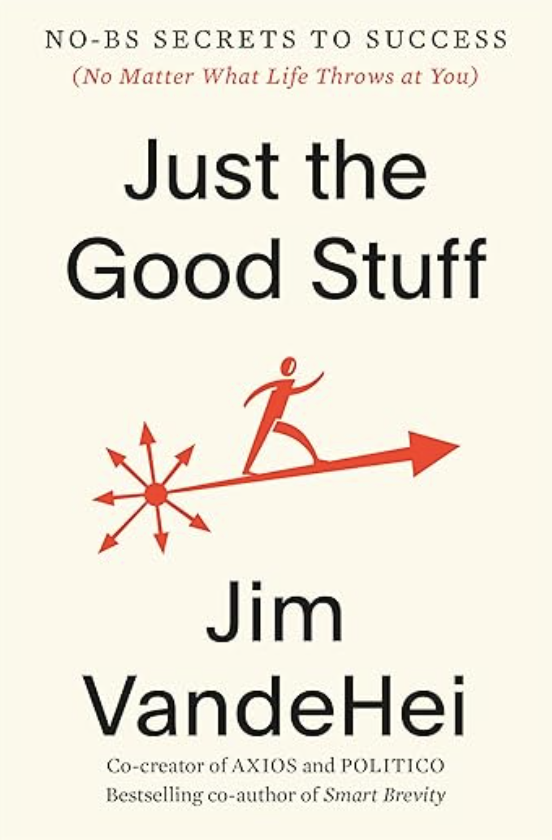I had one speed when we launched Politico 15 years ago: fast and furious.
I wanted everyone to be, well, me – a workaholic who woke up at 4 am ready to brawl. A small faction of us at Politico was like pack of ravenous wolves hunting for journalistic meat. While our competitors slept, we started mass producing newsletters and scoops to pop at 6 am, just as Washington insiders were rising.
Our rallying cry: “Win the Morning!” We aimed to “drive the conversation” from the moment people turned on their computer or phone. This was still the era of newspapers and daily, not hourly, news cycles. We exploited the hell out of the slow habits of others. We pushed reporters to break news the second they got it – and then shout it with bold headlines online and timely appearances on cable TV. It was pure metabolism, unrestrained. And it was intoxicating to me. But soul-crushing for many others.
What was terrific for muscling a new brand into existence — was terrible for retaining talent. Soon, we were haunted by a reputation for being a sweatshop with an untenable burnout rate. Most people simply aren’t wired to bound out of bed — and sprint until they collapse.
Why it matters: One speed for all circumstances is a crazy, reckless way to drive through life. We all need to teach ourselves to swerve away from running too hot or too cold, too often.
A little too hot or too cold is healthy: The extreme highs and lows can sharpen us and open our minds to new ideas and emotions.
But we make our worst, impulsive, foggy decisions when our emotional RPMs are redlining. This is true in leadership, at work and in relationships.
It took me 40 years to realize it — and the past decade to truly put it into practice.
Instead, modulate — and moderate — your reactions in tense times. Here’s how:
Be aware: Do a self-inventory of how you respond when stress or good times hit. Do you freak out or yell in bad moments? Do you suffer delusions of grandeur in good ones
Know thyself: Identify your triggers. In past jobs, I’d tend to lose it when people acted in a dishonest or lazy way. On the other hand, when someone shined at one thing, I tended to assume they’d rock at everything. In both cases, I’ve worked on calibrating my response by not getting too cold when people miss the mark or too hot when they nail one specific thing.
Tame thyself: You can’t just muscle yourself into self-control or growth. You need to know specific things that give you calm or clarity. Mine are a mix of faith, meditation, daily exercise, and self-appraisal.
Practice good-times paranoia: This is particularly true in leadership — temper your optimism or self-love when things are rocking. Realize some of it is luck or good timing. Enjoy the moment but be a little paranoid about how it happened — or how long it can last.
Practice bad-times optimism: You learn the most about yourself and others when things go to crap. In the mud of life is where character blooms. So when a bad moment hits, see it as a great learning moment.
The bottom line: Tiny fixes add up to big change.

From Just the Good Stuff by Jim VandeHei.


